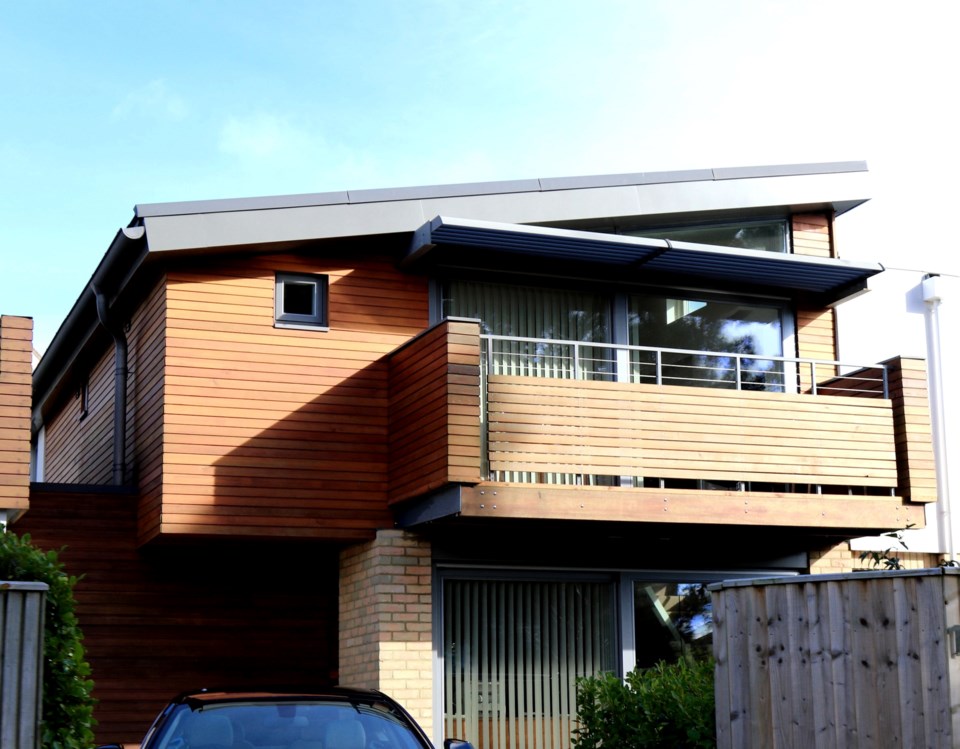Many agree Airbnb-type rentals could worsen Squamish’s housing affordability problems if they go unregulated, according to a new District survey.
“The largest theme, by frequency of response, was around affordability, housing options and access,” said District planner Sarah McJannet, when summarizing the open-ended answers respondents gave.
ĚýAt the same time, many also view short-term rentals as a beneficial way to make extra cash and increase the community’s appeal as a tourist destination.
The results presented to council on Jan. 29 summarized the thoughts of 475 respondents — more than three-quarters of whom were property owners.
It asked people to rank what council should make their highest priority. Participants could assign the highest priority to multiple items.
There were 205 responses in favour of having council make it their highest priority to maintain the livability of neighbourhoods.
On the other hand, 193 responses favoured council making policies that would prioritize the ability of residents to make money.
The same amount of responses were made asking council to put tourism and “diverse accommodation options” Number 1 on their list.
As a result, council is now faced with the task of crafting regulations balancing the need to boost the town’s dismal housing supply with operators’ desire to make money, which some say is necessary to pay off heavy mortgages.
There was also feedback on the best way to regulate the 438 Airbnb-style rental units offered in town, as of Jan. 21.
The three most popular choices were business licences at 65 per cent; parking regulations at 59 per cent; and residency requirements at 57 per cent.
ĚýStaff presented council with three possibilities to regulate short-term rentals.
The most lax version allows operators — even if they don’t live on the property — to rent out residences or units.
They could rent out the main house or the secondary suite, but not both at the same time. A business licence and a single parking space would be required.
The most restrictive version forces operators to rent out only the property where they live. Homes they’ve bought for investment purposes would be off the table.
For example, a person living full-time in her house could either rent out an extra bedroom or two, or occasionally rent out the entire home when she is away.
The operator under this option would not be permitted to rent out a secondary suite, she isn't living in. One parking space per guest or bedroom would be required.
A moderate version strikes a balance between the two.
The proposals are not final, and council and staff will be tweaking the options before asking for public feedback.
Ěý



